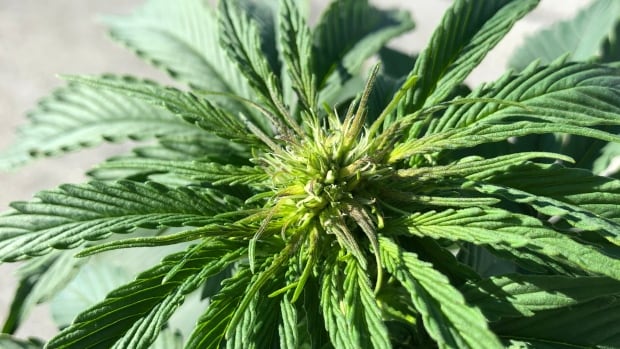Quebec’s ban on homegrown cannabis plants is constitutional, the Supreme Court of Canada has ruled in a unanimous decision.
The ruling is in a case first brought before the courts in 2019 by Janick Murray-Hall.
The federal law allows people to grow or own up to four cannabis plants at home, but the Quebec government banned growing for personal use, with fines running between $250 and $750.
Murray-Hall’s lawyer argued that Quebec’s ban on owning and cultivating plants for personal use is unconstitutional and contradicts the federal cannabis law enacted in 2018.
On Friday, the Supreme Court emphatically disagreed.
According to the ruling, the provincial law meshes well with the overall goals of the federal one, which include steering users away from the black market.
“The Quebec legislature saw the possession and personal cultivation of cannabis not as a social evil to be suppressed, but rather as a practice that should be prohibited in order to steer consumers to a controlled source of supply,” the ruling reads.
Quebec’s cannabis law paved the way for the creation of the Société québécoise du cannabis (SQDC), the government agency that operates cannabis stores in the province.
Prior to today’s ruling from the country’s top court, the Quebec Superior Court sided with Murray-Hall, finding the law to be unconstitutional. That decision was then overturned by the Quebec Court of Appeal, which set the stage for today’s decision.
Ontario, Manitoba, Alberta, Saskatchewan and British Columbia were all interveners in the case.


